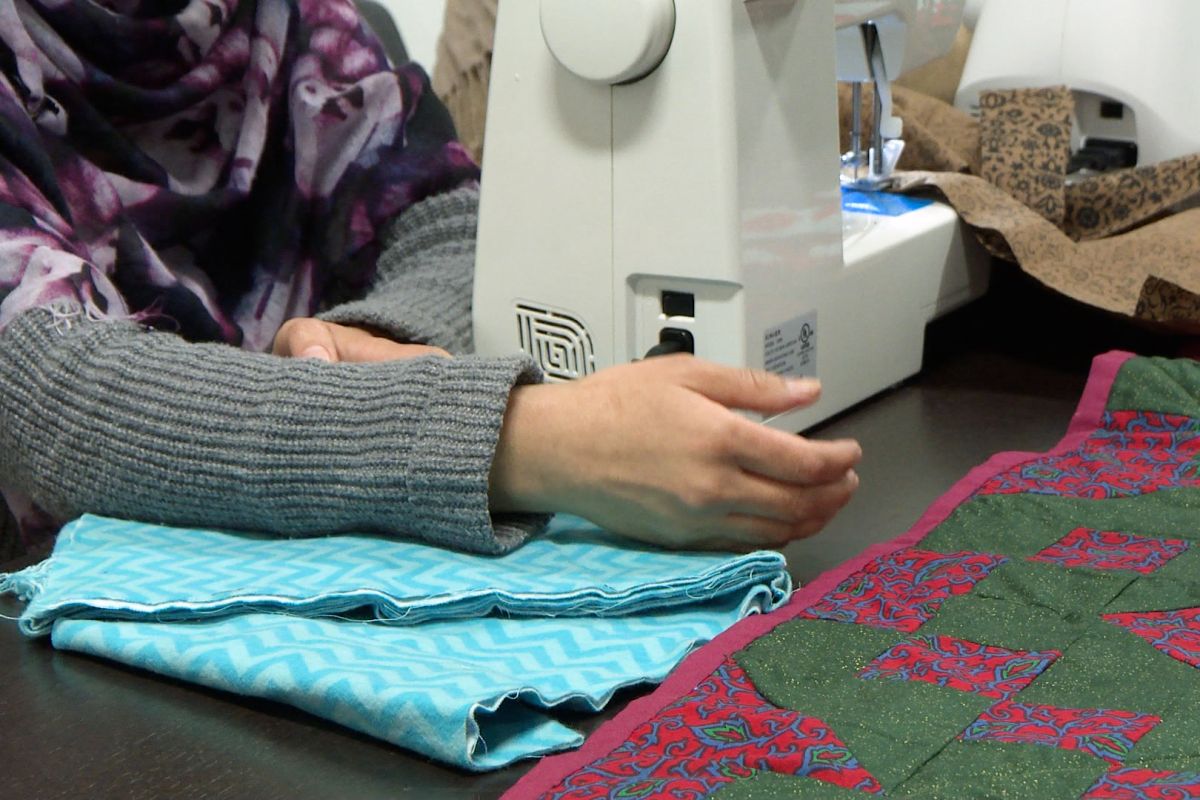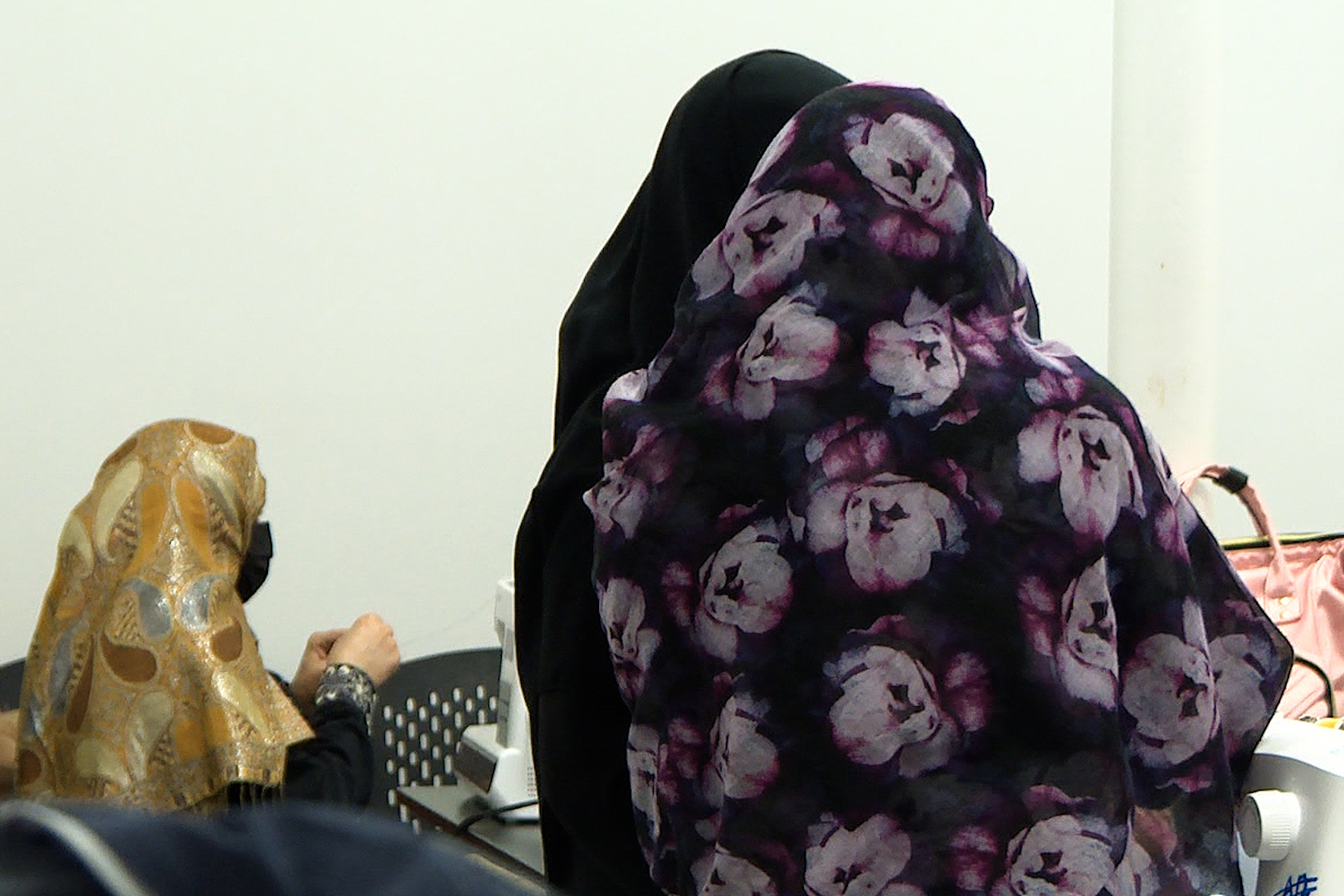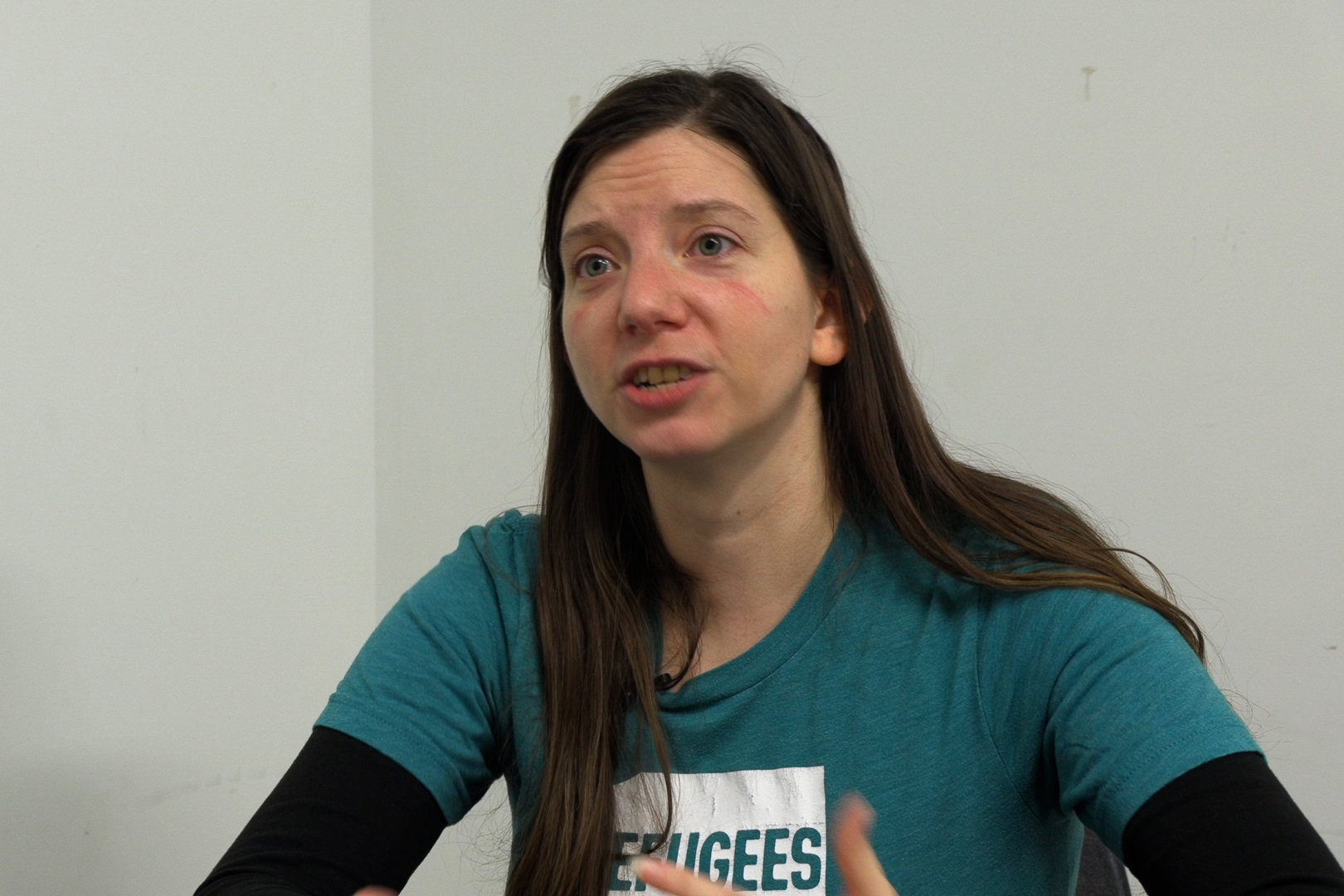Indiana Public Media News
{ "banners": {
"tv" : [ {"url" : "https://indianapublicmedia.secureallegiance.com/wtiu/WebModule/Donate.aspx?P=WTIUMCBNR&PAGETYPE=PLG&CHECK=2T6mTyo6yYuMn%2bAFYFwp%2bq1gzMC6uhq5nDjkJobrCdg%3d",
"img" : "https://indianapublicmedia.org/images/banner-images/8-29-wtiu-lightbox.jpg",
"startingDate" : "1724904000000",
"endingDate" : "1724990340000"}
,
{"url" : "https://indianapublicmedia.secureallegiance.com/wtiu/WebModule/Donate.aspx?P=WTIUMCBNR&PAGETYPE=PLG&CHECK=2T6mTyo6yYuMn%2bAFYFwp%2bq1gzMC6uhq5nDjkJobrCdg%3d",
"img" : "https://indianapublicmedia.org/images/banner-images/8-30-24-wtiu-bnr.jpg",
"startingDate" : "1724990400000",
"endingDate" : "1725163140000"}
,
{"url" : "https://indianapublicmedia.secureallegiance.com/wtiu/WebModule/Donate.aspx?P=WTIUMCBNR&PAGETYPE=PLG&CHECK=2T6mTyo6yYuMn%2bAFYFwp%2bq1gzMC6uhq5nDjkJobrCdg%3d",
"img" : "https://indianapublicmedia.org/images/banner-images/9-1-24-wtiu-bnr.jpg",
"startingDate" : "1725163200000",
"endingDate" : "1725249540000"}
,
{"url" : "https://indianapublicmedia.secureallegiance.com/wtiu/WebModule/Donate.aspx?P=WTIUMCBNR&PAGETYPE=PLG&CHECK=2T6mTyo6yYuMn%2bAFYFwp%2bq1gzMC6uhq5nDjkJobrCdg%3d",
"img" : "https://indianapublicmedia.org/images/banner-images/9-2-24-wtiu-bnr.jpg",
"startingDate" : "1725249600000",
"endingDate" : "1725335940000"}
,
{"url" : "https://indianapublicmedia.secureallegiance.com/wtiu/WebModule/Donate.aspx?P=WTIUMCBNR&PAGETYPE=PLG&CHECK=2T6mTyo6yYuMn%2bAFYFwp%2bq1gzMC6uhq5nDjkJobrCdg%3d",
"img" : "https://indianapublicmedia.org/images/banner-images/9-5-24-wtiu-bnr.jpg",
"startingDate" : "1725336000000",
"endingDate" : "1725595140000"}
,
{"url" : "https://indianapublicmedia.org/status/",
"img" : "https://indianapublicmedia.org/images/banner-images/9-6-24-wtiu-bnr.jpg",
"startingDate" : "1725595200000",
"endingDate" : "1725767940000"}
],
"radio" : [ {"url" : "https://indianapublicmedia.secureallegiance.com/wtiu/WebModule/Donate.aspx?P=WFIUFDBNR&PAGETYPE=PLG&CHECK=tAXekcDG%2flgkr2wNtsqwhq1gzMC6uhq5nDjkJobrCdg%3d",
"img" : "https://indianapublicmedia.org/images/banner-images/9-16-24-wfiu-bnr.jpg",
"startingDate" : "1726459200000",
"endingDate" : "1726545540000"}
,
{"url" : "https://indianapublicmedia.secureallegiance.com/wtiu/WebModule/Donate.aspx?P=WFIUFDBNR&PAGETYPE=PLG&CHECK=tAXekcDG%2flgkr2wNtsqwhq1gzMC6uhq5nDjkJobrCdg%3d",
"img" : "https://indianapublicmedia.org/images/banner-images/9-17-24-wfiu-bnr-am-new.jpg",
"startingDate" : "1726545600000",
"endingDate" : "1726617540000"}
,
{"url" : "https://indianapublicmedia.secureallegiance.com/wtiu/WebModule/Donate.aspx?P=WFIUFDBNR&PAGETYPE=PLG&CHECK=tAXekcDG%2flgkr2wNtsqwhq1gzMC6uhq5nDjkJobrCdg%3d",
"img" : "https://indianapublicmedia.org/images/banner-images/9-17-24-wfiu-bnr-pm.jpg",
"startingDate" : "1726617600000",
"endingDate" : "1726631940000"}
,
{"url" : "https://indianapublicmedia.secureallegiance.com/wtiu/WebModule/Donate.aspx?P=WFIUFDBNR&PAGETYPE=PLG&CHECK=tAXekcDG%2flgkr2wNtsqwhq1gzMC6uhq5nDjkJobrCdg%3d",
"img" : "https://indianapublicmedia.org/images/banner-images/9-18-24-wtiu-bnr.jpg",
"startingDate" : "1726632000000",
"endingDate" : "1726718340000"}
,
{"url" : "https://indianapublicmedia.secureallegiance.com/wtiu/WebModule/Donate.aspx?P=WFIUFDBNR&PAGETYPE=PLG&CHECK=tAXekcDG%2flgkr2wNtsqwhq1gzMC6uhq5nDjkJobrCdg%3d",
"img" : "https://indianapublicmedia.org/images/banner-images/9-19-24-wfiu-bnr.jpg",
"startingDate" : "1726718400000",
"endingDate" : "1726804740000"}
,
{"url" : "https://indianapublicmedia.secureallegiance.com/wtiu/WebModule/Donate.aspx?P=WFIUFDBNR&PAGETYPE=PLG&CHECK=tAXekcDG%2flgkr2wNtsqwhq1gzMC6uhq5nDjkJobrCdg%3d",
"img" : "https://indianapublicmedia.org/images/banner-images/9-20-24-wfiu-bnr.jpg",
"startingDate" : "1726804800000",
"endingDate" : "1726891140000"}
,
{"url" : "https://indianapublicmedia.secureallegiance.com/wtiu/WebModule/Donate.aspx?P=WFIUFDBNR&PAGETYPE=PLG&CHECK=tAXekcDG%2flgkr2wNtsqwhq1gzMC6uhq5nDjkJobrCdg%3d",
"img" : "https://indianapublicmedia.org/images/banner-images/9-21-24-wfiu-bnr.jpg",
"startingDate" : "1726891200000",
"endingDate" : "1726977540000"}
,
{"url" : "https://indianapublicmedia.secureallegiance.com/wtiu/WebModule/Donate.aspx?P=WFIUFDBNR&PAGETYPE=PLG&CHECK=tAXekcDG%2flgkr2wNtsqwhq1gzMC6uhq5nDjkJobrCdg%3d",
"img" : "https://indianapublicmedia.org/images/banner-images/9-22-24-wfiu-bnr.jpg",
"startingDate" : "1726977600000",
"endingDate" : "1727063940000"}
,
{"url" : "https://indianapublicmedia.secureallegiance.com/wtiu/WebModule/Donate.aspx?P=WFIUFDBNR&PAGETYPE=PLG&CHECK=tAXekcDG%2flgkr2wNtsqwhq1gzMC6uhq5nDjkJobrCdg%3d",
"img" : "https://indianapublicmedia.org/images/banner-images/9-23-24-wfiu-bnr.jpg",
"startingDate" : "1727064000000",
"endingDate" : "1727150340000"}
,
{"url" : "https://indianapublicmedia.secureallegiance.com/wtiu/WebModule/Donate.aspx?P=WFIUFDBNR&PAGETYPE=PLG&CHECK=tAXekcDG%2flgkr2wNtsqwhq1gzMC6uhq5nDjkJobrCdg%3d",
"img" : "https://indianapublicmedia.org/images/banner-images/9-24-24-wfiu-bnr-am.jpg",
"startingDate" : "1727150400000",
"endingDate" : "1727211540000"}
,
{"url" : "https://indianapublicmedia.secureallegiance.com/wtiu/WebModule/Donate.aspx?P=WFIUFDBNR&PAGETYPE=PLG&CHECK=tAXekcDG%2flgkr2wNtsqwhq1gzMC6uhq5nDjkJobrCdg%3d",
"img" : "https://indianapublicmedia.org/images/banner-images/9-24-24-wfiu-bnr-pm.jpg",
"startingDate" : "1727211600000",
"endingDate" : "1727218800000"}
,
{"url" : "https://indianapublicmedia.secureallegiance.com/wtiu/WebModule/Donate.aspx?P=WFIUFDBNR&PAGETYPE=PLG&CHECK=tAXekcDG%2flgkr2wNtsqwhq1gzMC6uhq5nDjkJobrCdg%3d",
"img" : "https://indianapublicmedia.org/images/banner-images/3-24-24-wfiu-bnr.jpg",
"startingDate" : "1711252800000",
"endingDate" : "1711339140000"}
,
{"url" : "https://indianapublicmedia.secureallegiance.com/wtiu/WebModule/Donate.aspx?P=WFIUFDBNR&PAGETYPE=PLG&CHECK=tAXekcDG%2flgkr2wNtsqwhq1gzMC6uhq5nDjkJobrCdg%3d",
"img" : "https://indianapublicmedia.org/images/banner-images/3-25-24-wfiu-bnr.jpg",
"startingDate" : "1711339200000",
"endingDate" : "1711425540000"}
,
{"url" : "https://indianapublicmedia.secureallegiance.com/wtiu/WebModule/Donate.aspx?P=WFIUFDBNR&PAGETYPE=PLG&CHECK=tAXekcDG%2flgkr2wNtsqwhq1gzMC6uhq5nDjkJobrCdg%3d",
"img" : "https://indianapublicmedia.org/images/banner-images/3-26-24-wfiu-bnr.jpg",
"startingDate" : "1711425600000",
"endingDate" : "1711452540000"}
,
{"url" : "https://indianapublicmedia.secureallegiance.com/wtiu/WebModule/Donate.aspx?P=WFIUFDBNR&PAGETYPE=PLG&CHECK=tAXekcDG%2flgkr2wNtsqwhq1gzMC6uhq5nDjkJobrCdg%3d",
"img" : "https://indianapublicmedia.org/images/banner-images/3-26-24-wfiu-bnr-match.jpg",
"startingDate" : "1711452600000",
"endingDate" : "1711457940000"}
,
{"url" : "https://indianapublicmedia.secureallegiance.com/wtiu/WebModule/Donate.aspx?P=WFIUFDBNR&PAGETYPE=PLG&CHECK=tAXekcDG%2flgkr2wNtsqwhq1gzMC6uhq5nDjkJobrCdg%3d",
"img" : "https://indianapublicmedia.org/images/banner-images/3-26-24-wfiu-bnr.jpg",
"startingDate" : "1711458000000",
"endingDate" : "1711493940000"}
]
}}
{ "lightboxes": {
"tv" : [ {"url" : "https://indianapublicmedia.secureallegiance.com/wtiu/WebModule/Donate.aspx?P=WTIUMCLB&PAGETYPE=PLG&CHECK=2T6mTyo6yYtDgsQprWuZNm3L5BYddGq6PVAl6UEf65g%3d",
"img" : "https://indianapublicmedia.org/images/banner-images/8-29-24-wtiu-bnr.jpg",
"startingDate" : "1724904000000",
"endingDate" : "1724990340000"}
,
{"url" : "https://indianapublicmedia.secureallegiance.com/wtiu/WebModule/Donate.aspx?P=WTIUMCLB&PAGETYPE=PLG&CHECK=2T6mTyo6yYtDgsQprWuZNm3L5BYddGq6PVAl6UEf65g%3d",
"img" : "https://indianapublicmedia.org/images/banner-images/8-30-24-wtiu-lightbox.jpg",
"startingDate" : "1724990400000",
"endingDate" : "1725163140000"}
,
{"url" : "https://indianapublicmedia.secureallegiance.com/wtiu/WebModule/Donate.aspx?P=WTIUMCLB&PAGETYPE=PLG&CHECK=2T6mTyo6yYtDgsQprWuZNm3L5BYddGq6PVAl6UEf65g%3d",
"img" : "https://indianapublicmedia.org/images/banner-images/9-1-24-wtiu-lightbox.jpg",
"startingDate" : "1725163200000",
"endingDate" : "1725249540000"}
,
{"url" : "https://indianapublicmedia.secureallegiance.com/wtiu/WebModule/Donate.aspx?P=WTIUMCLB&PAGETYPE=PLG&CHECK=2T6mTyo6yYtDgsQprWuZNm3L5BYddGq6PVAl6UEf65g%3d",
"img" : "https://indianapublicmedia.org/images/banner-images/9-2-24-wtiu-lightbox.jpg",
"startingDate" : "1725249600000",
"endingDate" : "1725335940000"}
,
{"url" : "https://indianapublicmedia.secureallegiance.com/wtiu/WebModule/Donate.aspx?P=WTIUMCLB&PAGETYPE=PLG&CHECK=2T6mTyo6yYtDgsQprWuZNm3L5BYddGq6PVAl6UEf65g%3d",
"img" : "https://indianapublicmedia.org/images/banner-images/9-5-24-wtiu-lightbox.jpg",
"startingDate" : "1725336000000",
"endingDate" : "1725595140000"}
,
{"url" : "https://indianapublicmedia.secureallegiance.com/wtiu/WebModule/Donate.aspx?P=WTIUMCLB&PAGETYPE=PLG&CHECK=2T6mTyo6yYtDgsQprWuZNm3L5BYddGq6PVAl6UEf65g%3d",
"img" : "https://indianapublicmedia.org/images/banner-images/9-6-24-wtiu-lightbox.jpg",
"startingDate" : "1725595200000",
"endingDate" : "1725767940000"}
,
{"url" : "https://indianapublicmedia.secureallegiance.com/wtiu/WebModule/Donate.aspx?P=WTIUMCLB&PAGETYPE=PLG&CHECK=2T6mTyo6yYtDgsQprWuZNm3L5BYddGq6PVAl6UEf65g%3d",
"img" : "https://indianapublicmedia.org/images/banner-images/9-8-24-wtiu-lightbox.jpg",
"startingDate" : "1725768000000",
"endingDate" : "1725854340000"}
,
{"url" : "https://indianapublicmedia.secureallegiance.com/wtiu/WebModule/Donate.aspx?P=WTIUMCLB&PAGETYPE=PLG&CHECK=2T6mTyo6yYtDgsQprWuZNm3L5BYddGq6PVAl6UEf65g%3d",
"img" : "https://indianapublicmedia.org/images/banner-images/3.10.24_wtiu_lightbox.jpg",
"startingDate" : "1710046800000",
"endingDate" : "1710129540000"}
],
"radio" : [ {"url" : "https://indianapublicmedia.secureallegiance.com/wtiu/WebModule/Donate.aspx?P=WFIUFDLB&PAGETYPE=PLG&CHECK=tAXekcDG%2flizvLEFSbjC6m3L5BYddGq6PVAl6UEf65g%3d",
"img" : "https://indianapublicmedia.org/images/banner-images/9-16-24-wfiu-lightbox.jpg",
"startingDate" : "1726459200000",
"endingDate" : "1726545540000"}
,
{"url" : "https://indianapublicmedia.secureallegiance.com/wtiu/WebModule/Donate.aspx?P=WFIUFDLB&PAGETYPE=PLG&CHECK=tAXekcDG%2flizvLEFSbjC6m3L5BYddGq6PVAl6UEf65g%3d",
"img" : "https://indianapublicmedia.org/images/banner-images/9-17-24-wfiu-lightbox-am-new.jpg",
"startingDate" : "1726545600000",
"endingDate" : "1726617540000"}
,
{"url" : "https://indianapublicmedia.secureallegiance.com/wtiu/WebModule/Donate.aspx?P=WFIUFDLB&PAGETYPE=PLG&CHECK=tAXekcDG%2flizvLEFSbjC6m3L5BYddGq6PVAl6UEf65g%3d",
"img" : "https://indianapublicmedia.org/images/banner-images/9-17-24-wfiu-lightbox-pm.jpg",
"startingDate" : "1726617600000",
"endingDate" : "1726631940000"}
,
{"url" : "https://indianapublicmedia.secureallegiance.com/wtiu/WebModule/Donate.aspx?P=WFIUFDLB&PAGETYPE=PLG&CHECK=tAXekcDG%2flizvLEFSbjC6m3L5BYddGq6PVAl6UEf65g%3d",
"img" : "https://indianapublicmedia.org/images/banner-images/9-18-24-wfiu-lightbox.jpg",
"startingDate" : "1726632000000",
"endingDate" : "1726718340000"}
,
{"url" : "https://indianapublicmedia.secureallegiance.com/wtiu/WebModule/Donate.aspx?P=WFIUFDLB&PAGETYPE=PLG&CHECK=tAXekcDG%2flizvLEFSbjC6m3L5BYddGq6PVAl6UEf65g%3d",
"img" : "https://indianapublicmedia.org/images/banner-images/9-19-24-wfiu-lightbox.jpg",
"startingDate" : "1726718400000",
"endingDate" : "1726804740000"}
,
{"url" : "https://indianapublicmedia.secureallegiance.com/wtiu/WebModule/Donate.aspx?P=WFIUFDLB&PAGETYPE=PLG&CHECK=tAXekcDG%2flizvLEFSbjC6m3L5BYddGq6PVAl6UEf65g%3d",
"img" : "https://indianapublicmedia.org/images/banner-images/9-20-24-wfiu-lightbox.jpg",
"startingDate" : "1726804800000",
"endingDate" : "1726891140000"}
,
{"url" : "https://indianapublicmedia.secureallegiance.com/wtiu/WebModule/Donate.aspx?P=WFIUFDLB&PAGETYPE=PLG&CHECK=tAXekcDG%2flizvLEFSbjC6m3L5BYddGq6PVAl6UEf65g%3d",
"img" : "https://indianapublicmedia.org/images/banner-images/9-21-24-wfiu-lightbox.jpg",
"startingDate" : "1726891200000",
"endingDate" : "1726977540000"}
,
{"url" : "https://indianapublicmedia.secureallegiance.com/wtiu/WebModule/Donate.aspx?P=WFIUFDLB&PAGETYPE=PLG&CHECK=tAXekcDG%2flizvLEFSbjC6m3L5BYddGq6PVAl6UEf65g%3d",
"img" : "https://indianapublicmedia.org/images/banner-images/9-22-24-wfiu-lightbox.jpg",
"startingDate" : "1726977600000",
"endingDate" : "1727063940000"}
,
{"url" : "https://indianapublicmedia.secureallegiance.com/wtiu/WebModule/Donate.aspx?P=WFIUFDLB&PAGETYPE=PLG&CHECK=tAXekcDG%2flizvLEFSbjC6m3L5BYddGq6PVAl6UEf65g%3d",
"img" : "https://indianapublicmedia.org/images/banner-images/9-23-24-wfiu-lightbox.jpg",
"startingDate" : "1727064000000",
"endingDate" : "1727150340000"}
,
{"url" : "https://indianapublicmedia.secureallegiance.com/wtiu/WebModule/Donate.aspx?P=WFIUFDLB&PAGETYPE=PLG&CHECK=tAXekcDG%2flizvLEFSbjC6m3L5BYddGq6PVAl6UEf65g%3d",
"img" : "https://indianapublicmedia.org/images/banner-images/9-24-24-wfiu-lightbox-am.jpg",
"startingDate" : "1727150400000",
"endingDate" : "1727211540000"}
,
{"url" : "https://indianapublicmedia.secureallegiance.com/wtiu/WebModule/Donate.aspx?P=WFIUFDLB&PAGETYPE=PLG&CHECK=tAXekcDG%2flizvLEFSbjC6m3L5BYddGq6PVAl6UEf65g%3d",
"img" : "https://indianapublicmedia.org/images/banner-images/9-24-24-wfiu-lightbox-pm.jpg",
"startingDate" : "1727211600000",
"endingDate" : "1727218800000"}
,
{"url" : "https://indianapublicmedia.secureallegiance.com/wtiu/WebModule/Donate.aspx?P=WFIUFDLB&PAGETYPE=PLG&CHECK=tAXekcDG%2flizvLEFSbjC6m3L5BYddGq6PVAl6UEf65g%3d",
"img" : "https://indianapublicmedia.org/images/banner-images/3-23-24-wfiu-lightbox.jpg",
"startingDate" : "1711166400000",
"endingDate" : "1711252740000"}
,
{"url" : "https://indianapublicmedia.secureallegiance.com/wtiu/WebModule/Donate.aspx?P=WFIUFDLB&PAGETYPE=PLG&CHECK=tAXekcDG%2flizvLEFSbjC6m3L5BYddGq6PVAl6UEf65g%3d",
"img" : "https://indianapublicmedia.org/images/banner-images/3-24-24-wfiu-lightbox.jpg",
"startingDate" : "1711252800000",
"endingDate" : "1711339140000"}
,
{"url" : "https://indianapublicmedia.secureallegiance.com/wtiu/WebModule/Donate.aspx?P=WFIUFDLB&PAGETYPE=PLG&CHECK=tAXekcDG%2flizvLEFSbjC6m3L5BYddGq6PVAl6UEf65g%3d",
"img" : "https://indianapublicmedia.org/images/banner-images/3-25-24-wfiu-lightbox.jpg",
"startingDate" : "1711339200000",
"endingDate" : "1711425540000"}
,
{"url" : "https://indianapublicmedia.secureallegiance.com/wtiu/WebModule/Donate.aspx?P=WFIUFDLB&PAGETYPE=PLG&CHECK=tAXekcDG%2flizvLEFSbjC6m3L5BYddGq6PVAl6UEf65g%3d",
"img" : "https://indianapublicmedia.org/images/banner-images/3-26-24-wfiu-lightbox.jpg",
"startingDate" : "1711425600000",
"endingDate" : "1711452540000"}
,
{"url" : "https://indianapublicmedia.secureallegiance.com/wtiu/WebModule/Donate.aspx?P=WFIUFDLB&PAGETYPE=PLG&CHECK=tAXekcDG%2flizvLEFSbjC6m3L5BYddGq6PVAl6UEf65g%3d",
"img" : "https://indianapublicmedia.org/images/banner-images/3-26-24-wfiu-lightbox-match.jpg",
"startingDate" : "1711452600000",
"endingDate" : "1711457940000"}
,
{"url" : "https://indianapublicmedia.secureallegiance.com/wtiu/WebModule/Donate.aspx?P=WFIUFDLB&PAGETYPE=PLG&CHECK=tAXekcDG%2flizvLEFSbjC6m3L5BYddGq6PVAl6UEf65g%3d",
"img" : "https://indianapublicmedia.org/images/banner-images/3-26-24-wfiu-lightbox.jpg",
"startingDate" : "1711458000000",
"endingDate" : "1711493940000"}
]
}}














